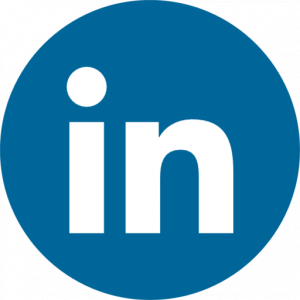Statement on World Autism Awareness Day
April 2, 2023
CUASA Statement on World Autism Awareness Day
Sunday, April 2, marks the United Nations’ World Autism Awareness Day, the theme of which is “Transformation: Toward a Neuro-Inclusive World for All.” Building a neuro-inclusive world means building a world that no longer stigmatizes autistic people, excludes them while purporting to speak on their behalf, or fetishizes the concept of “curing” autism.
As queer, trans, autistic scholar Dr. Nick Walker defines in her interview “Toward a Neuroqueer Future: An Interview with Nick Walker”, the “pathology paradigm” is when autism “is framed as a form of medical pathology or psychiatric ‘disorder’”. This paradigm frames autism as a “deficiency” in need of a cure, rather than an identity which unites a diverse community. Dr. Walker cautions that the “pathology paradigm is nothing more than institutionalized bigotry masquerading as science, and that it’s illegitimate and harmful in the same ways as racism, misogyny, and other forms of bigotry that have also historically masqueraded as science”.
Autistic community organizer Judy Singer coined the term neurodiversity, which “refers to the limitless variety of human minds on the planet, in which no two minds can ever be exactly alike”. When we imagine a neuro-inclusive future, we begin the process of building a world that confronts and dismantles the pathology paradigm, as well as all other kinds of interlocking forms of oppression. Autistic organizational psychologist Terra Vance writes that “research has demonstrated that after only a couple of seconds of seeing an autistic person, non-autistic people begin to have a negative reaction to them,” consistently rating the autistic subjects as less trustworthy, attractive, smart, dominant, and likeable than non-autistic subjects — even without knowing that they are autistic. This pervasive unconscious bias can lead to a lifetime of discrimination, exclusion, and victimization for autistic people.
On behalf of Carleton’s autistic faculty, staff, and students, we encourage everyone to learn more about the issues faced by autistic people by reading autistic scholars and activists and connecting with organizations made by and for autistic people. One such organization is the Autistic Self Advocacy Network (ASAN), a 501(c)(3) non-profit, grassroots organization run by and for autistic people which works to provide policy and legal advocacy, educational resources, advocacy tools, and leadership training for autistic self-advocates.
[Please note, this statement was intentionally written using identity-first language. To learn more about that choice, please read “Identity-First Language” written by Lydia Brown.]




